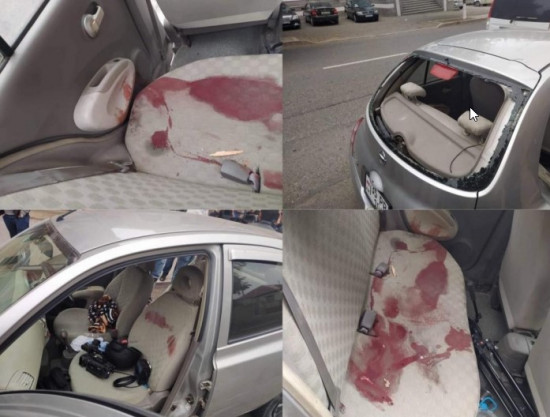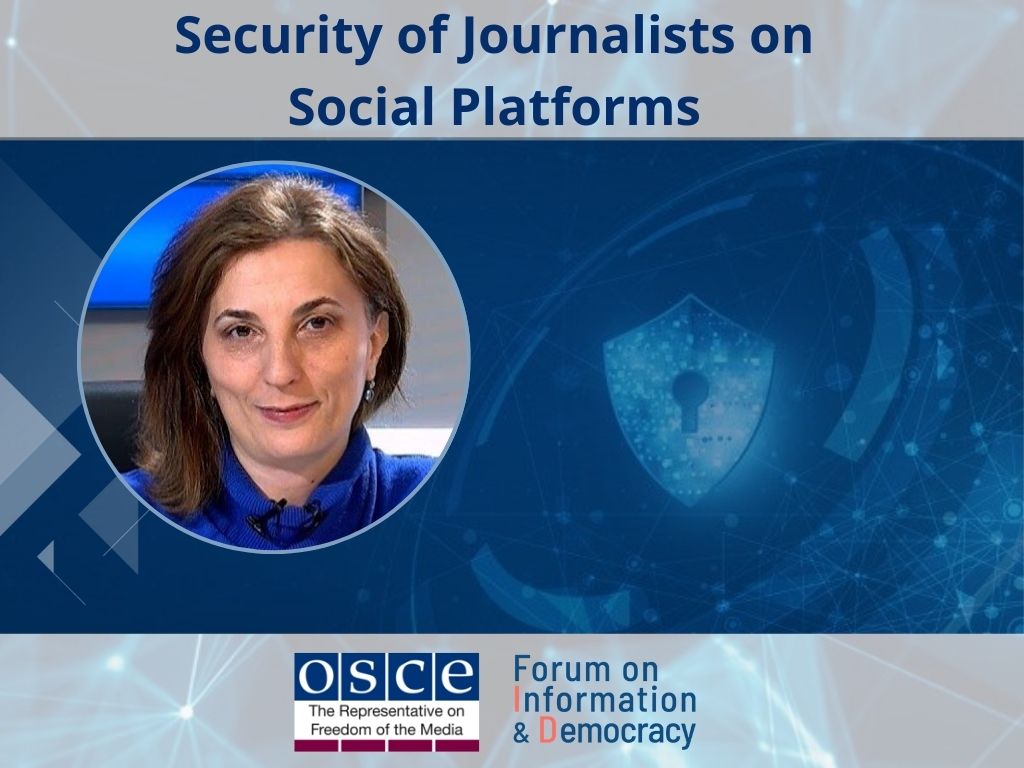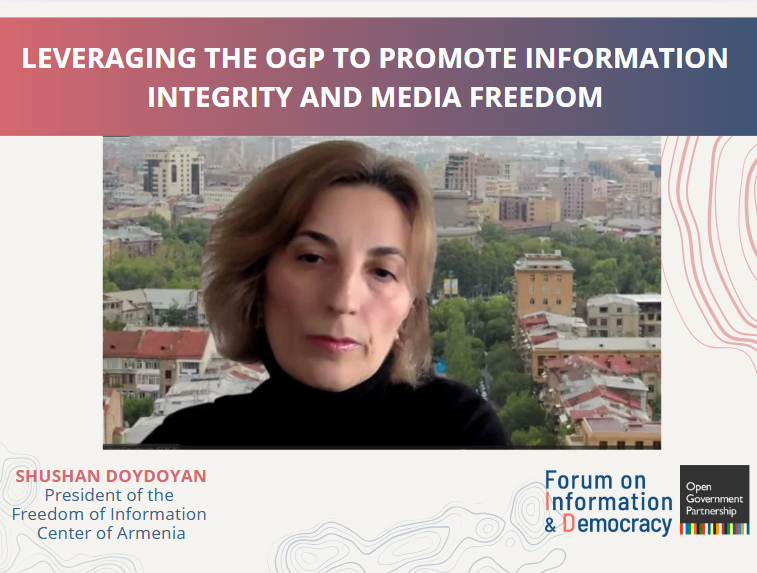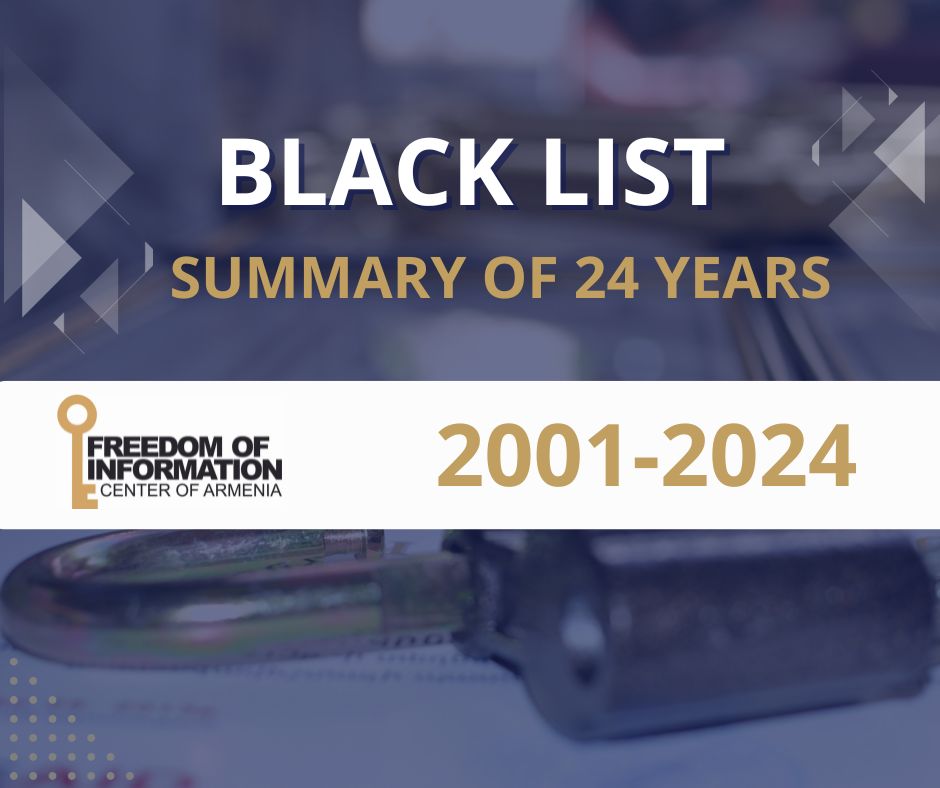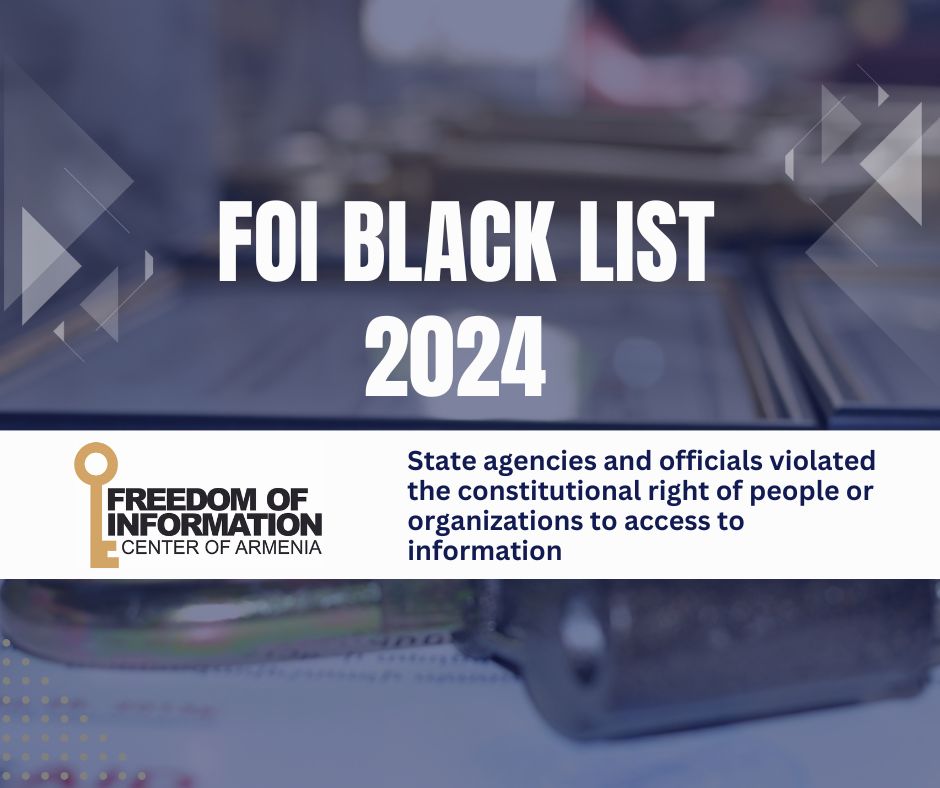On the September 27th, Azerbaijan launched a large-scale offensive against the Republic of Artsakh (Nagorno-Karabakh) during which large number of towns and villages have been targeted, including Stepanakert, the capital of Artsakh.
Since the beginning (27 September, 2020) by the end (10 November, 2020) of the hostilities , over 390 foreign journalists from over 190 media have flown into Artsakh to cover the war and the consequent developments. The flow of journalists to Artsakh has been considerably increased following the Azerbaijani authorities’ decision to limit the arrival of journalists from several countries, to impose strict restrictions on the independent work of the journalists. For example, journalists from the Russian media outlet Lifenews were deported from Azerbaijan, since according to Azerbaijani authorities, they were distorting the facts. The journalist further stated that it was not advisable for Russian Journalist to operate in Azerbaijan. The reporter of the news agency France 24, Katherine Norris-Trent said that the Azerbaijani government monitors their movements, and violated their right to cover the developments on the ground. She stated that they are followed by government “escorts” who intervene whenever they talk to civilians. The Azerbaijani authorities have also filed a criminal case against a Russian reporter, Semyon Pegov of WarGonzo for visiting Artsakh.
Besides, the Azerbaijani authorities have publically stated that they cannot ensure the safety of journalists covering the hostilities in Nagorno-Karabakh, adding that journalist should request permission from the Azerbaijani authorities before entering Nagorno-Karabakh. The Ministry of Foreign Affairs of Artsakh stated that it has information about special groups that have been formed by Azerbaijan to monitor the movement and activities of foreign journalists in Artsakh, to deliver target attacks.
In parallel with that, the Azerbaijani armed forces for a few times targeted journalists working in Artsakh and caused 7 heavy injuries among them and a death of a person accompanying journalists. The Human Rights Ombudsman of Artsakh has monitored the developments since the onset of the hostilities. Targeted nature of the shellings, including those against journalists, were also proven by the facts that the journalists wore a special uniform and distinctive signs, as well as, mostly with cameras. The journalistic cars that came under the shelling also had the “PRESS” distinctive sign. Moreover, the journalists were targeted when they were carrying out their professional activities in civilian settlements, and not in the hotspots of hostilities.
The souse: Webpage of Human Rights Ombudsman of the Republic of Artsakh

